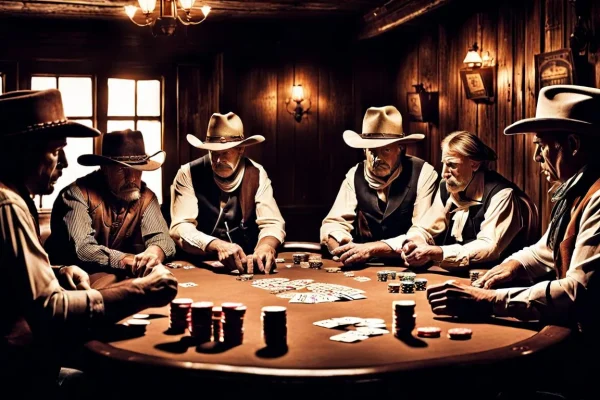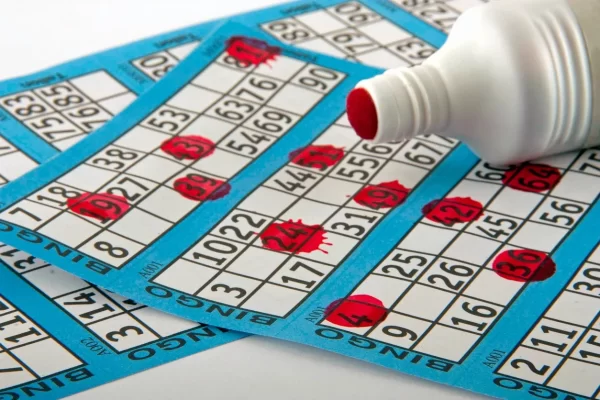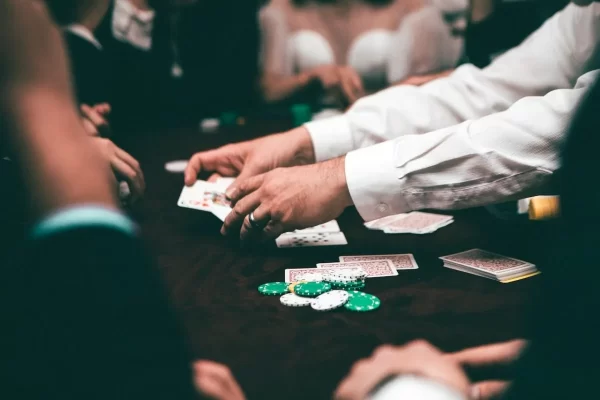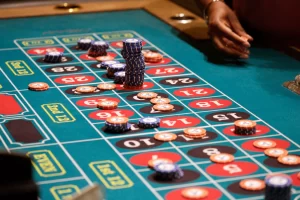Junket agents are an essential source of high-end gambling revenue in Macau. They serve as intermediaries between casinos and wealthy Chinese gamblers who can afford to wager up to $1 million at once.
The junket industry has been thrust into the spotlight after Alvin Chau, a renowned junket agent who specialized in cross-border gamblers from China, was arrested. This arrest has caused Macau’s VIP market to collapse, effectively forcing many junket operators out of business.
Legality
The legality of Macau’s junket industry remains in dispute. China’s government has implemented strict measures against capital flight and illicit money transfers, decreasing the amount of gambling revenue junket operators earn.
Junkets arranged for high rollers from mainland China to gamble in Macau’s casinos and extended credit to them; additionally, they collected debts from casinos on behalf of their clients. They were one of the major contributors to Macau’s gaming industry before COVID-19’s travel restrictions took effect in 2021.
In December last year, Macau passed a new junket law that established regulations for licensing and activities of junket operators. Its aim was to make this industry more accountable and responsible. Furthermore, the bill set a cap on how many junket operators casino concessionaires may work with annually.
Revenue
Junkets account for a substantial portion of Macau’s VIP gambling revenue. They engage directly with wealthy gamblers, offering them luxurious travel and accommodation promotions as well as other personalized services to lure them in.
They then extend credit to these high rollers and collect any debts incurred as compensation, in exchange for a commission. This business model has enabled VIP gambling in Macau, and it remains important today.
However, Macau’s junket industry is facing a difficult period due to restrictions on coronavirus travel and an aggressive crackdown by China on money-moving out of China.
Junkets have responded to these difficulties by adapting their business models and targeting a larger mass market of gamblers who tend to place smaller bets. Furthermore, they use sophisticated promotions as well as sponsorship of major events to further broaden their appeal.
Competition
Junkets are an integral component of casino tourism, bringing high-spending gamblers to casinos. Junkets provide credit to players and collect debts in exchange for commission fees.
Macau differs from other gambling hubs such as Las Vegas in that it relies heavily on junkets for the majority of its revenues. They bring high-spending gamblers from mainland China into casinos, extend them credit and collect their debts in exchange for a commission.
Steve Vickers, a political risk specialist who spent 18 years leading the Criminal Intelligence Bureau of the Hong Kong Police, notes that junkets are also an integral factor in money laundering and organized crime issues plaguing Macau’s casino industry. They possess extensive connections to triad societies and can offer extralegal services to their clients, according to Vickers.
As China’s government tightens regulations against corruption, junket operators could find it more challenging to attract customers and earn commissions. This may force some businesses into non-gaming activities or require them to recruit new staff in order to stay competitive.
Safety
Junkets are an informal network of middle men that accounts for nearly two-thirds of Macau’s gambling revenue. They recruit high rollers from China’s mainland and bring them to casinos, issue credit and then collect players’ debts in exchange for commissions.
Beijing has begun cracking down on gambling, with some junket operators hedging their bets by shifting players to the Philippines or Vietnam; others closing VIP rooms altogether. Analysts anticipate the industry will shrink in response to Xi’s anti-corruption drive; however, mass market gamblers may pick up some of the slack.
Junkets have been in the spotlight since November when Alvin Chau Cheok Wa, founder of one of Macau’s biggest junket companies, was arrested on suspicion of promoting cross-border gambling overseas to mainland Chinese customers. Later in December, Levo Chan Weng Lin was charged with running a criminal syndicate, illegal gambling and money laundering. These developments have raised fears that Macau’s junket sector may disappear amid China’s anti-corruption drive through its largest casino hub.













